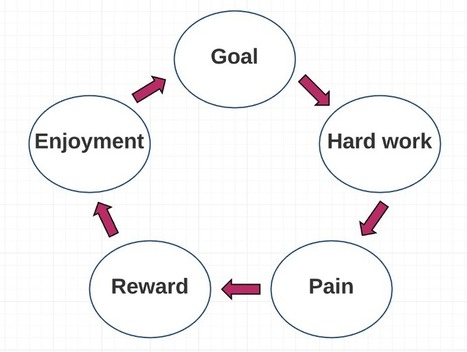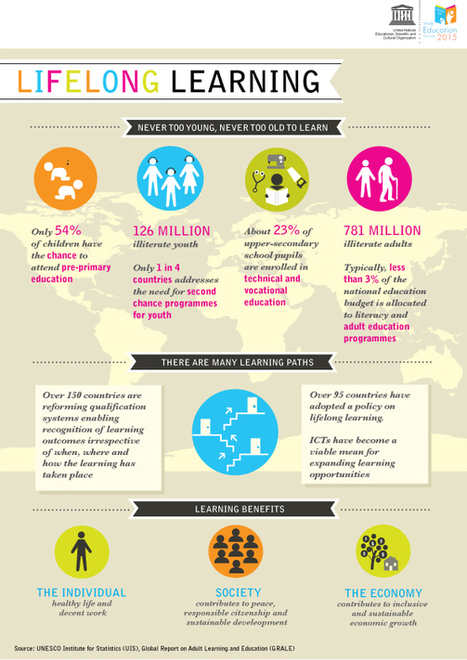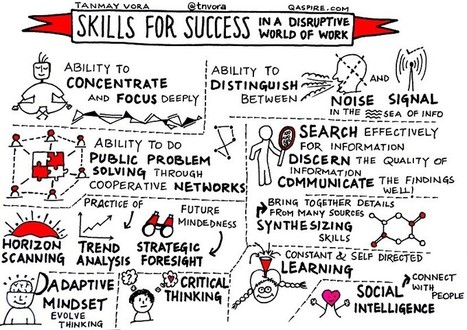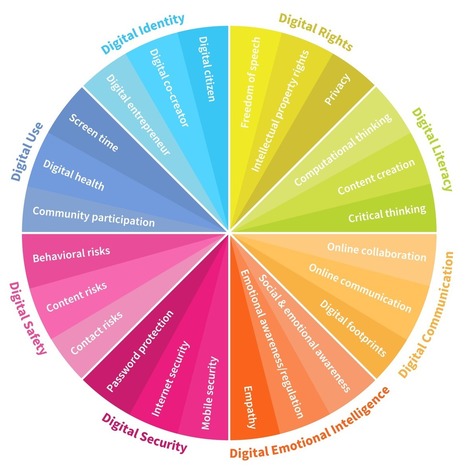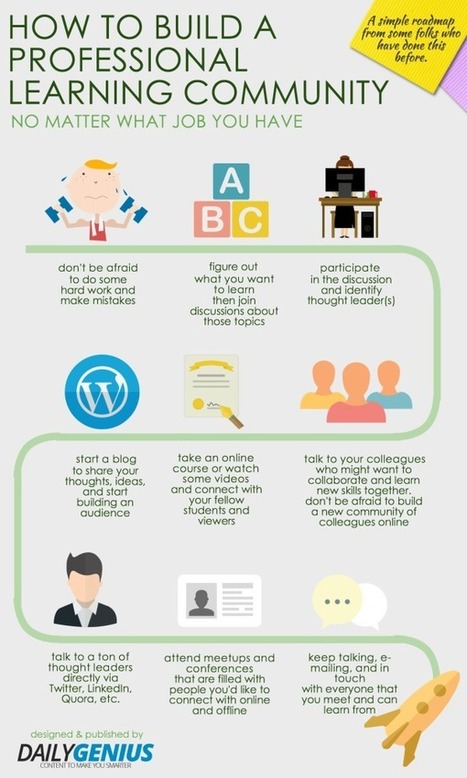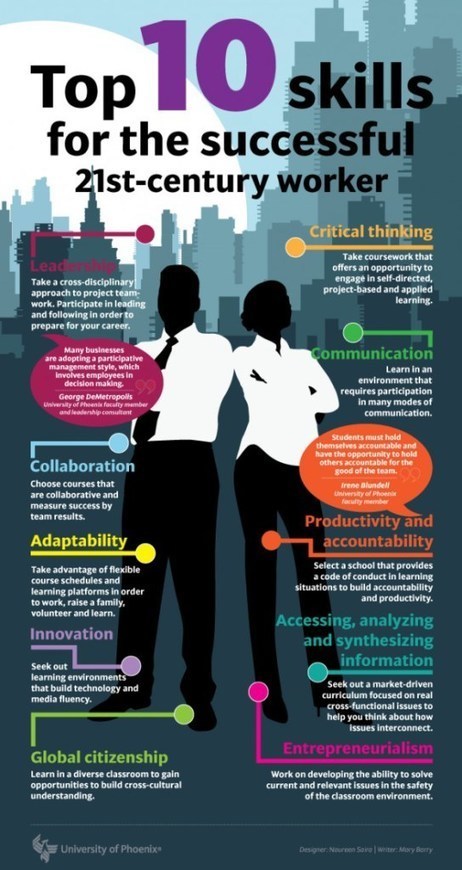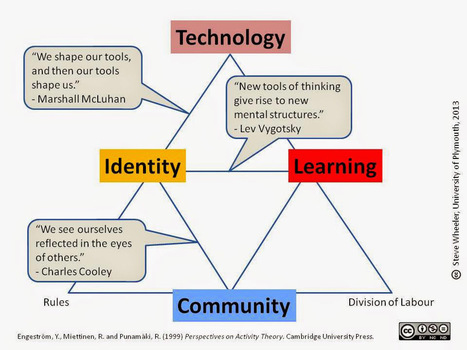It is almost universally acknowledged that in order to succeed in the 21st century, students must learn much more than the “three Rs” and basic computer competency.
The term “21st century skills” is used often in educational circles to refer to a range of abilities and competencies that go beyond what has traditionally been taught in the classroom, including problem solving, communication, collaboration, creativity and innovation. Others define the term as “information literacy, media literacy, and information, communication and technology literacy.”
More importantly, students need these skills because employers across a huge variety of industries increasingly demand them. A recent McKinsey report indicated that close to 40 percent of employers could not find people with the right skills while 60 percent “complain[ed] of a lack of preparation.” Even jobs that were once considered vocational, such as welding, petroleum production, and even factory work, are now high tech, and require specialized knowledge that includes not only a robust science background and familiarity with the computerized machinery that keeps heavy industry humming, but also critical thinking and collaboration skills. In other words, 21st century job growth is outpacing our ability to develop a prepared workforce, making it more critical than ever to teach these skills.
Learn more / En savoir plus / Mehr erfahren:
Via Gust MEES



 Your new post is loading...
Your new post is loading...



